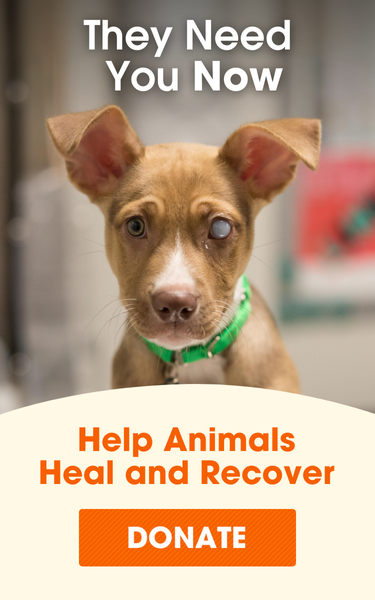
Beach Day the Safe Way: Pet Safety Tips

As summer rolls in and thoughts turn to sun, sand and surf, many of us are eager to include our pets in the seasonal fun. After all, a day at the beach can be a joyful and memory-filled adventure. But before you grab your beach bag, our experts at the ASPCA Animal Poison Control Center (APCC) want to remind you to keep a few things in mind to ensure your summer adventure stays safe.
Ocean Water: Ocean water is high in salt content and inadvertent ingestion can cause vomiting, diarrhea and increased thirst. In severe cases, ingesting saltwater can disrupt a pet’s electrolyte balance, which may affect the heart and nervous system and require hospitalized treatment. The best way to prevent this is by offering plenty of clean, fresh water to make sure your pet stays hydrated the right way when at the beach.
Jellyfish: There are many different species of jellyfish in the ocean, some being more concerning than others. Ingestion of certain types can cause gastrointestinal upset, muscular, cardiac and neurological effects. If pets are stung by jellyfish, they can also experience pain, redness and irritation on the skin, much like human exposures. If either occurs, please contact your veterinarian or the APCC at (888) 426-4435.
Dead Fish: Dead fish may be appealing toys or snacks for pets, but ingestion can cause vomiting and diarrhea. The skeleton, scales and sharp spines may also cause physical injury to the mouth and digestive tract. Some fish species carry additional toxin concerns when eaten, which can lead to complications such as difficulty breathing, heart and nervous system effects. When in doubt, it’s always best to steer your pet away from anything washed up on shore.
Sand: Pets may find it fun to play and dig in sand, but eating sand should be discouraged. Sand can cause vomiting and diarrhea and large ingestions can sometimes cause a blockage, requiring hospitalization and intensive treatment.
Sunscreen: Sunscreen is an important beach day staple for humans and sometimes pets too — especially those with short coats and light-colored exposed skin. Pet ingestion of human sunscreens can cause vomiting, diarrhea and sometimes allergic reactions. Sunscreens may also contain xylitol, an artificial sweetener that can cause low blood sugar and liver damage in dogs. If you need to protect your pet from the sun, stick with products that are specifically formulated for animals, and ask your veterinarian for recommendations.
During any beach visit with your furry friends, we suggest stocking up on fresh water, pet dishes, your pet’s favorite treats and meals, and something to keep your pet cool, like an umbrella for shade. Never leave your pet unattended and watch out for the above items so that everyone can enjoy a fun, safe day at the beach!
If you suspect that your pet ingested something potentially toxic, please call your veterinarian or the ASPCA Animal Poison Control Center at (888) 426-4435 immediately.
